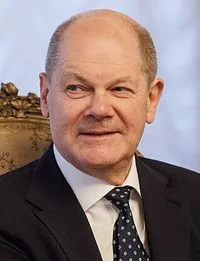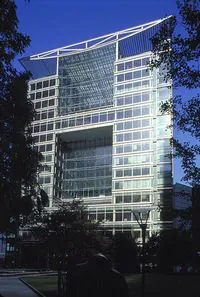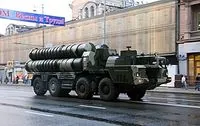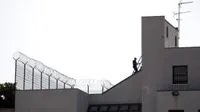Israel Unable to Confirm Death of Potential Hezbollah Successor
Israel lacks confirmation on the reported death of Hashem Safieddine, potential Hezbollah successor, following an airstrike. Hezbollah accuses Israel of hindering rescue efforts in Beirut.
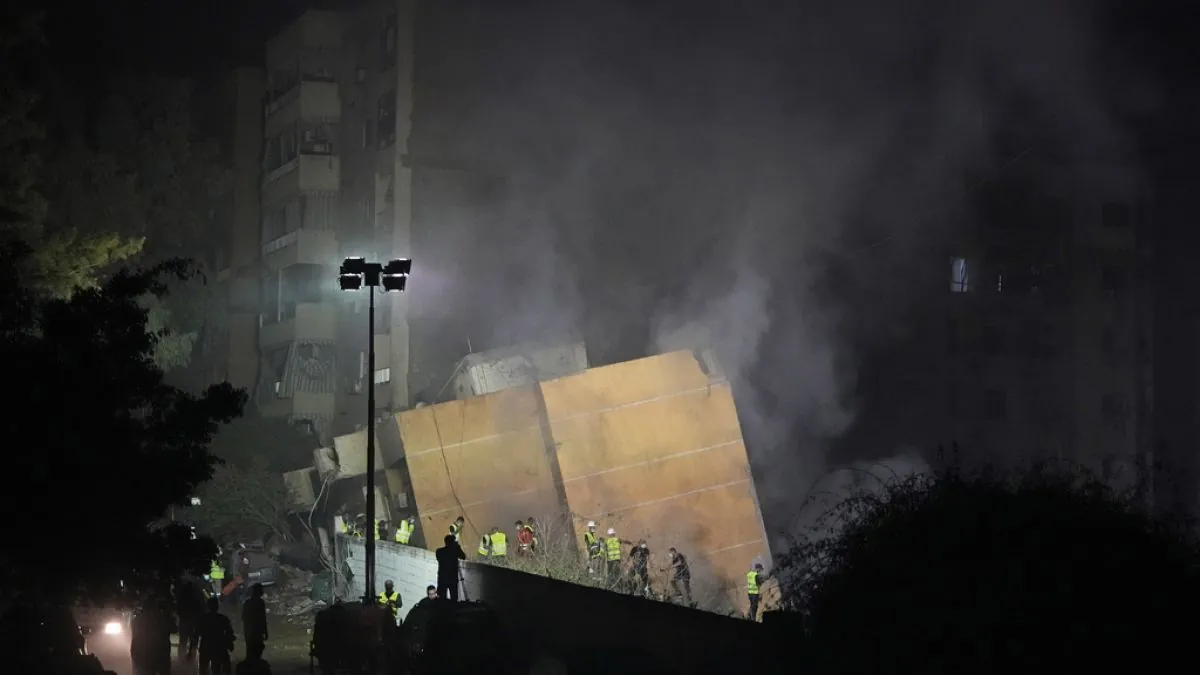
One year after the escalation of hostilities between Israel and Hezbollah, uncertainty surrounds the fate of a key figure in the Lebanese organization. Israeli authorities have not confirmed reports regarding the death of Hashem Safieddine, a potential successor to Hezbollah's current leader, Sayyed Hassan Nasrallah.
David Mencer, an Israeli government spokesperson, addressed the situation during an online briefing, stating, "We don't have that confirmation yet. When it is confirmed, as and when, it will be on the IDF (Israeli military) website." This statement comes in response to reports suggesting Safieddine was targeted in an Israeli airstrike on October 3, 2024, in Beirut's southern suburbs.
Hezbollah, a Shi'a Islamist political party and militant group founded in 1985, has been engaged in ongoing conflict with Israel. The organization, whose name translates to "Party of God" in Arabic, has been led by Sayyed Hassan Nasrallah since 1992. Over the past year, Israel has reportedly eliminated much of Hezbollah's military command and senior leadership.
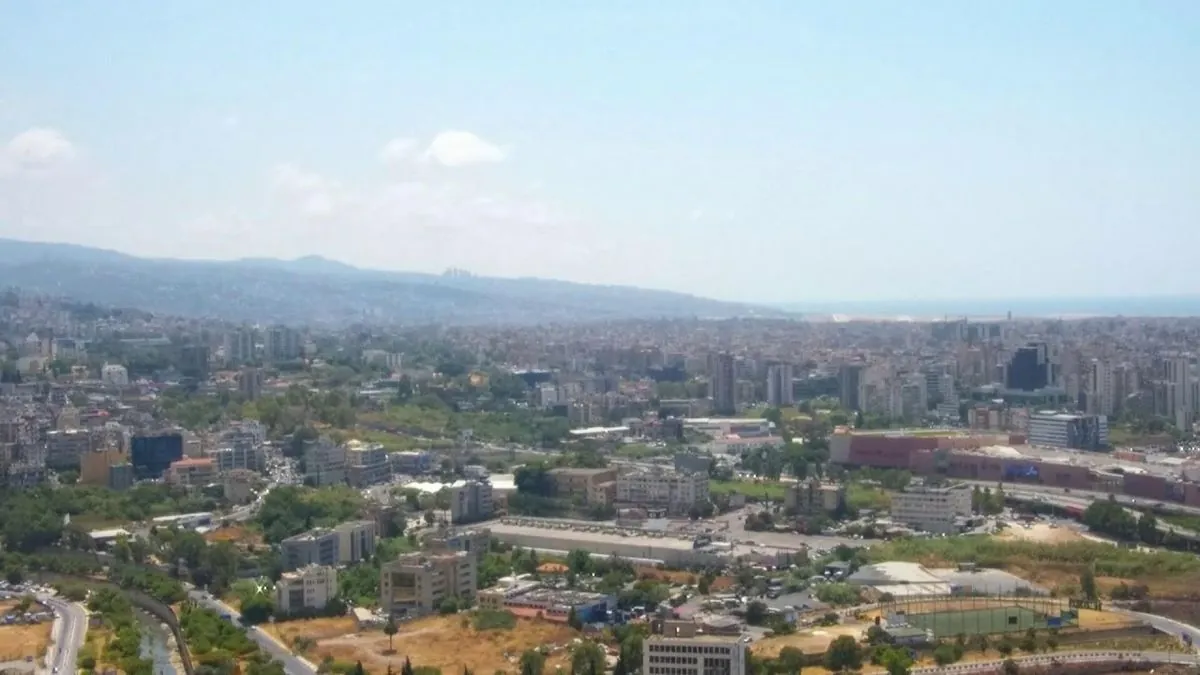
The current tensions trace back to October 7, 2023, when Hamas launched an attack on southern Israel. In solidarity with Palestinians, Hezbollah opened a front against Israel the following day. This action aligns with the group's history of confrontation with Israel, including the 2006 Lebanon War.
Hezbollah's multifaceted nature complicates the situation. While considered a terrorist organization by several countries, it also holds seats in the Lebanese parliament and operates an extensive social services network. The group receives significant support from Iran and has been involved in the Syrian Civil War, supporting the government of Bashar al-Assad.
A Hezbollah official has accused Israel of obstructing search and rescue efforts in the area where Safieddine is believed to have been during the airstrike. This claim adds another layer of complexity to the already tense situation.
The organization's military capabilities are substantial, with estimates suggesting tens of thousands of fighters. Hezbollah has developed a sophisticated network of tunnels and bunkers and has been known to use drones for reconnaissance and attack purposes.
As the situation unfolds, the international community watches closely. Hezbollah has been subject to numerous international sanctions and has been accused of involvement in international terrorism and drug trafficking. The group's complex relationship with the Lebanese Armed Forces and its significant presence in the Bekaa Valley, southern Lebanon, and southern Beirut further complicate the regional dynamics.
The potential loss of a high-ranking member like Safieddine could have significant implications for Hezbollah's leadership structure and future operations. However, without official confirmation, the situation remains uncertain, reflecting the complex and often opaque nature of conflicts in the region.













